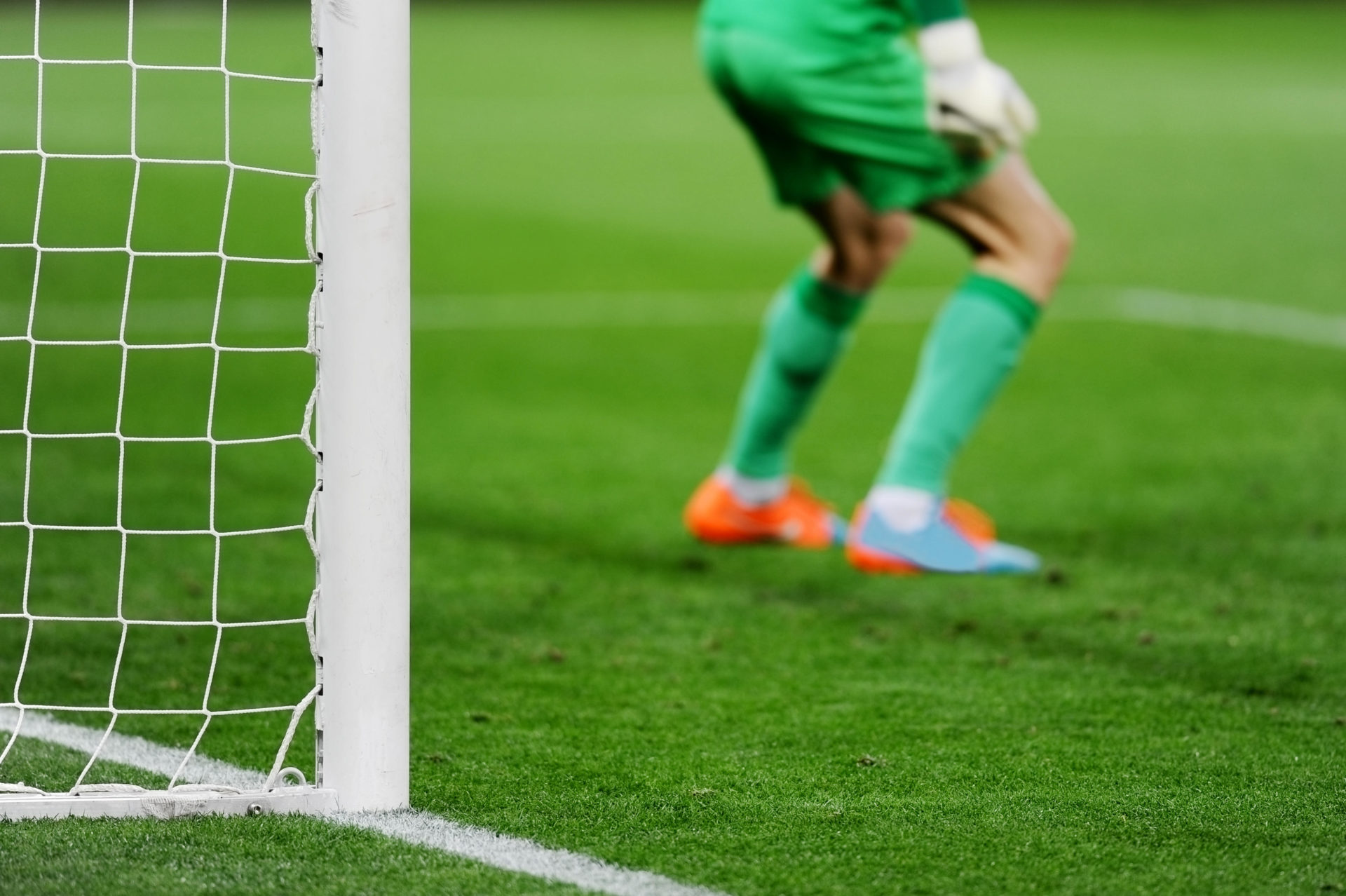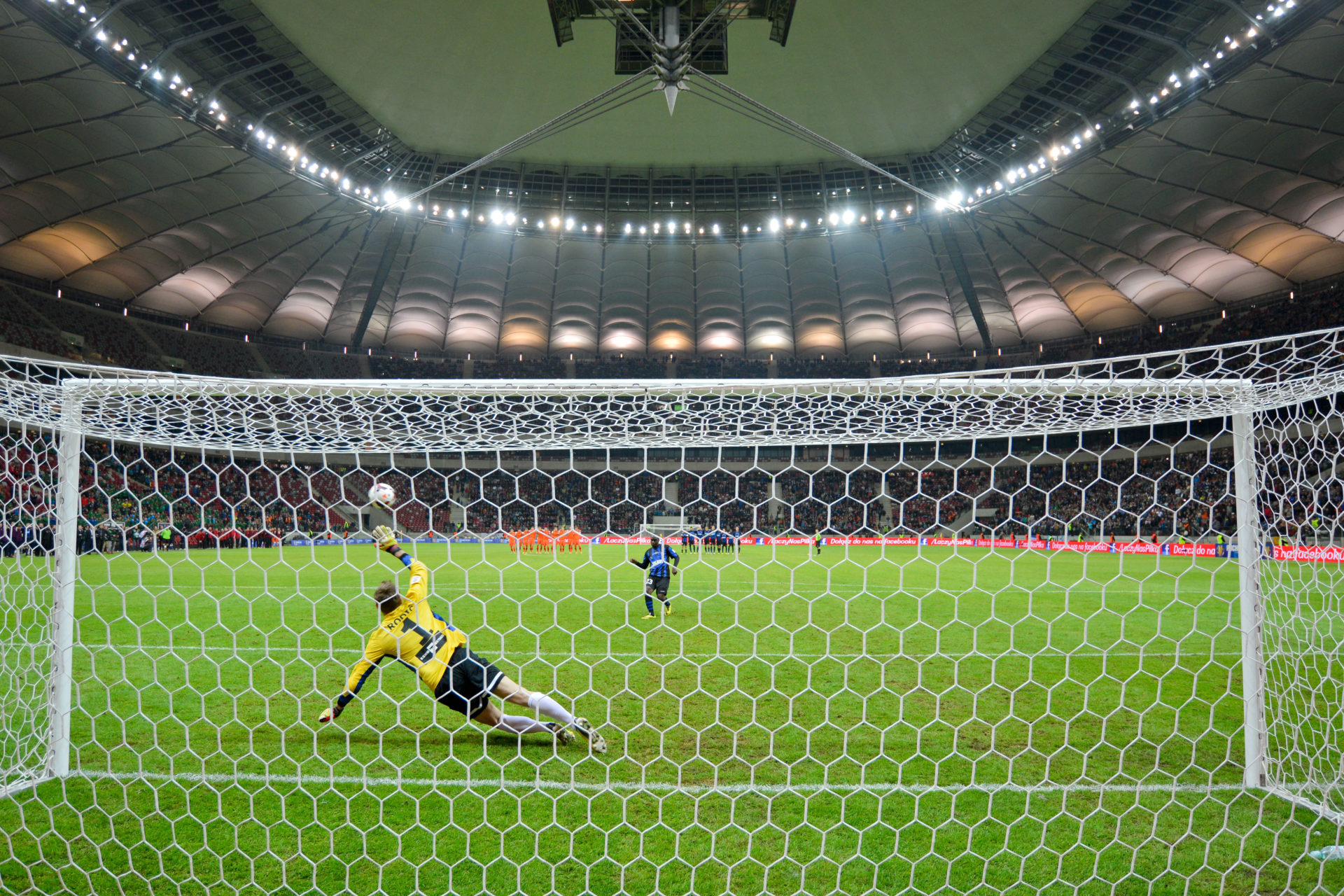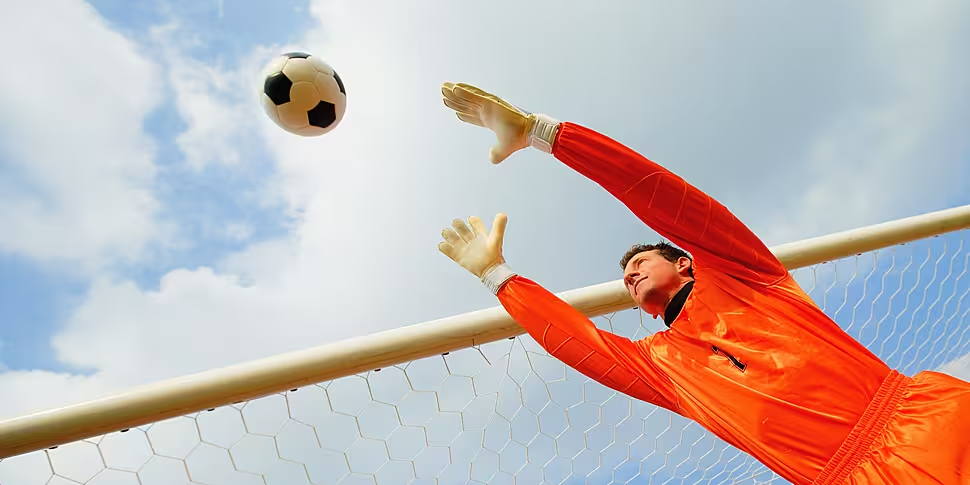Anyone in elite sport has worked tirelessly to get where they are, but goalkeepers can develop an entirely different way of seeing the world.
That’s according to Dr David McGovern, who began investigating what makes a goalkeeper different from the rest of the team.
“This area of research came about from the first author, Michael Quinn, who himself was a professional goalkeeper,” he told Futureproof with Jonathan McCrea.
“Specifically, what he wanted to look at was whether goalkeepers had different perceptual or cognitive skills.”
Dr McGovern was Mr Quinn’s supervisor in this project and quickly realised the “multisensory pursuit” of being a goalkeeper.
“It's not just visual information that goalkeepers use like you might expect,” he said.
“They also use auditory cues as well to make their judgments about when to dive.
“[Mr Quinn] often uses the golfer analogy – a golfer will know when they hit a sweet shot, and a goalkeeper will use the auditory cue or the tone of the pitch to know how fast the ball is coming.”
 Goalkeeper defending goal. Image: roibu / Alamy Stock Photo
Goalkeeper defending goal. Image: roibu / Alamy Stock PhotoTo confirm this theory, Dr McGovern and Mr Quinn had a combination of elite goalkeepers, outfield players and a control group of non-players complete a simple task.
“They were presented with one or two very briefly presented flashes and all they had to do was say whether it was one or two flashes,” Dr McGovern said.
“In some trials, the flashes were accompanied by auditory beeps, and in some cases, those beeps could match the number of flashes.”
Dr McGovern explained when the beeps play quickly one after another, people might mistake one flash for two because of the way our brains perceive sound and images.
Goalkeepers, however, showed “enhanced multi-sensory integration” and could process each flash and beep separately much quicker.
 Goalkeeper saving score from outfield player. Image: Dziurek - Sport / Alamy Stock Photo
Goalkeeper saving score from outfield player. Image: Dziurek - Sport / Alamy Stock PhotoThe study also found results Dr McGovern wasn’t even expecting.
“Goalkeepers showed less susceptibility to this illusion overall, even at short time differences, so they didn't really experience the illusion as much as outfield players are the control group at all,” he said.
In other words, no matter the speed and frequency of beeps and flashes, goalkeepers can differentiate much more easily than non-goalkeepers.
Training at the elite level
Dr McGovern said these results could show “a sort of innate ability that attracts goalkeepers to the position” - but they also show how training affects goalkeepers’ brains.
“Speaking to Michael about it, even since he stopped being a professional goalkeeper, he feels that he's not as good at this anymore,” he said.
“It's this training at the elite level that keeps his perception sharp.”
Listen back here:









